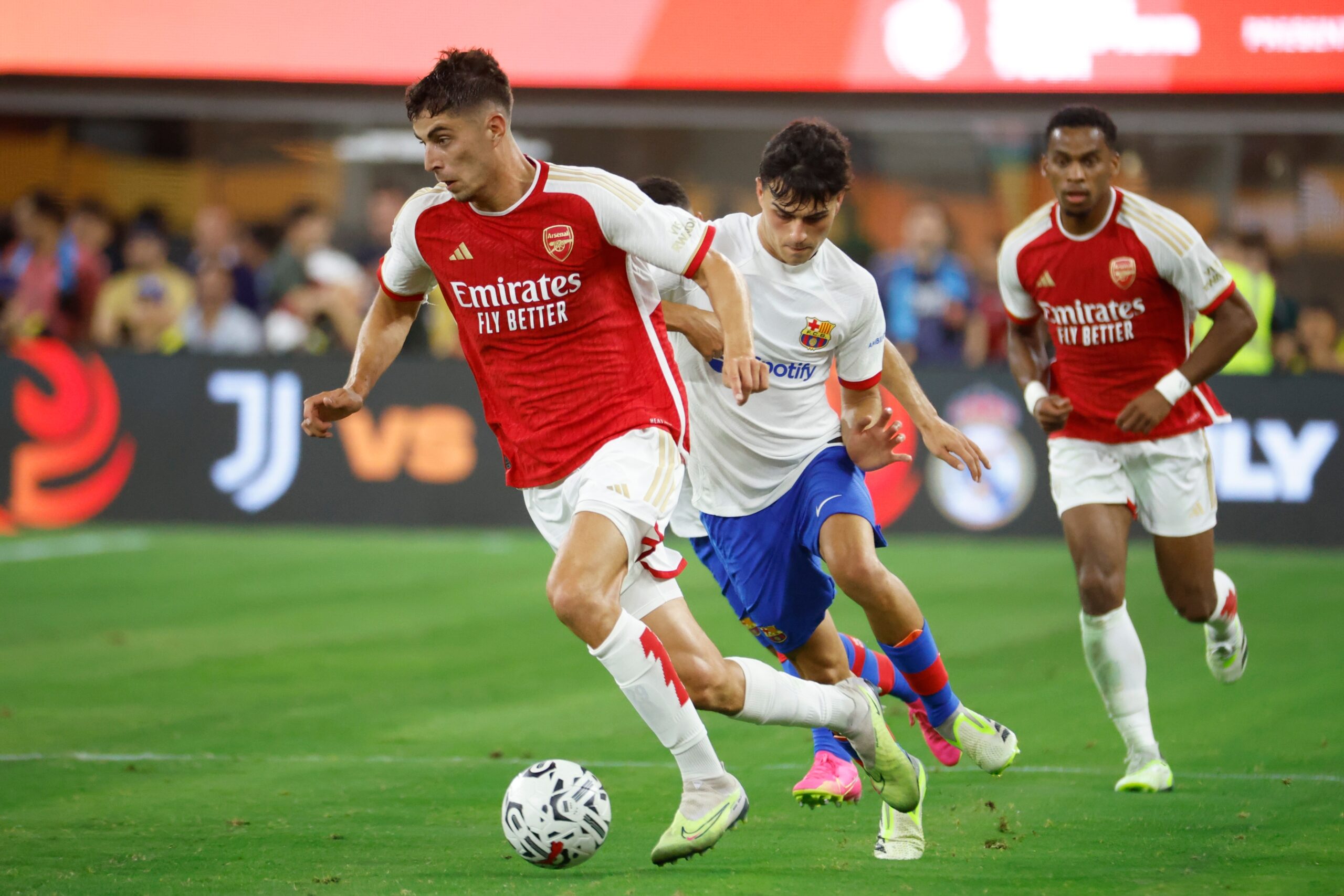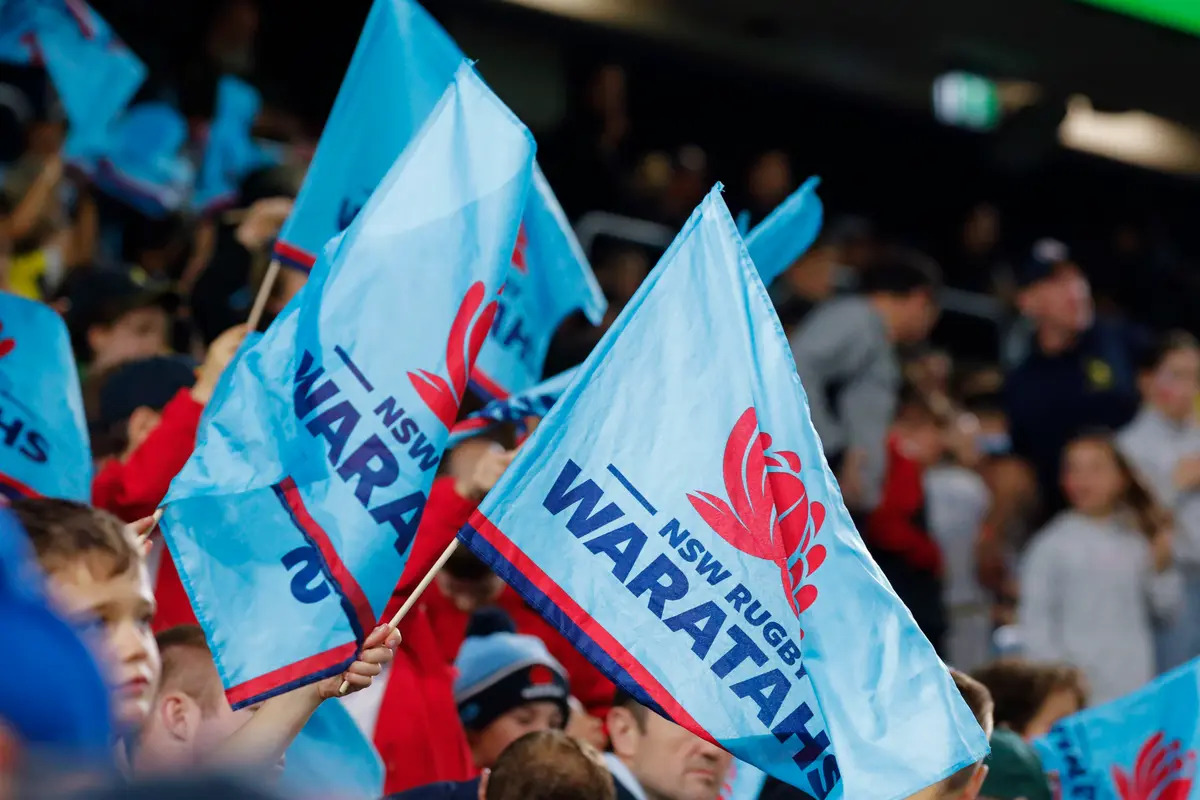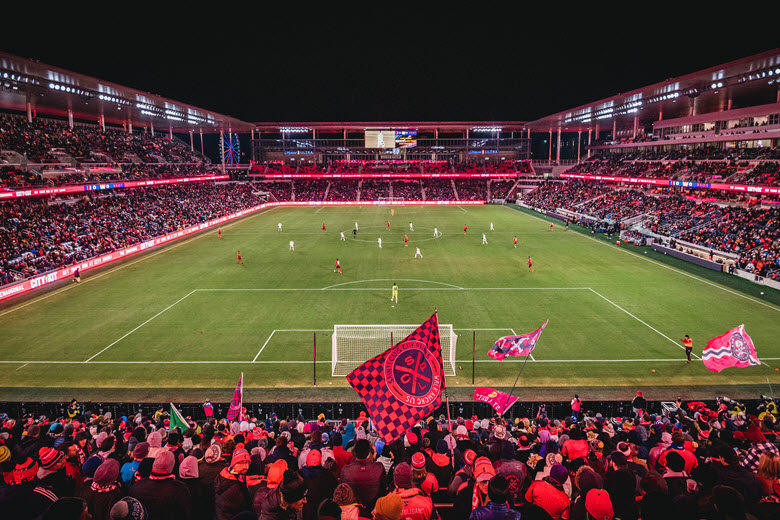Emirates and Arsenal F.C. Strategic Partnership Extension Reflecting the Modern Premier League Landscape

The English Premier League has witnessed a notable milestone this week with the extension of the partnership between Arsenal and Emirates, continuing its streak as the English Premier League’s longest-running current shirt sponsor. The new five-year deal is reportedly worth £50 million (US$63.9 million) per season. This decision, which secures the Emirates logo on Arsenal jerseys until 2028, is more than just a partnership renewal; it’s a calculated move that reflects both the complexities and ambitions of modern sports business, particularly within the context of the Premier League.
In a realm where financial agreements define the competitive landscape as much as on-field performance, this move underscores the evolving nature of club-business collaborations. As clubs increasingly become global brands, sponsorships like these offer them a crucial platform to not only secure financial stability but also to expand their fan base and solidify their position within the league hierarchy.
The significant new five-year deal at £50 million (US$63.9 million) per season is indicative of the economic stakes at play in modern football. The fact that the agreement extends until 2028 emphasises the commitment of both parties to a long-term vision, which is increasingly rare in an industry often characterised by transient partnerships.
This partnership paves the way for an exploration of the broader Premier League financial landscape. While Arsenal’s new deal is substantial, it’s important to consider its position relative to other Premier League giants. In the 2021/22 season, Arsenal FC’s total revenue amounted to £368 million. This financial figure, while impressive, is significantly less than Manchester City, which was the highest-earning club with a total revenue of £620 million for the same period. This highlights the gulf in financial standing among the Premier League’s giants, demonstrating the varying resources these clubs have at their disposal.
The financial prowess of these football powerhouses underlines the intense competition not only on the field but also in the boardroom, as clubs jostle for commercial supremacy. As clubs battle for supremacy on the field, they are equally engaged in an intense competition for commercial partnerships, broadcasting rights, and global recognition. The top clubs might have an advantage in securing high-value agreements due to their historical prominence and larger fan bases, but it’s a precarious balance for clubs lower down the pecking order.
The landscape of modern football is undergoing a transformation where financial prowess and strategic business alliances hold as much sway as tactical acumen on the pitch. The Arsenal-Emirates partnership extension symbolises this intricate dance between the sporting and business realms, reflecting the Premier League’s evolution into a global entertainment powerhouse. As clubs continue to navigate this complex arena, these partnerships will remain integral to shaping not just their financial destinies, but also their standing in the hearts of fans worldwide.
It's free to join the team!
Join the most engaged community in the Sports Business World.
Get all the latest news, insights, data, education and event updates.






